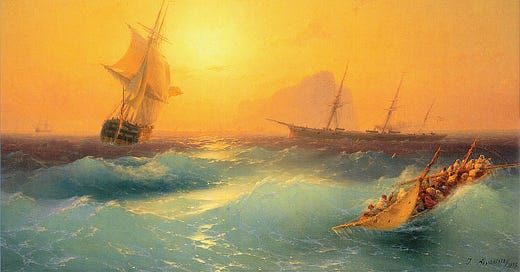Welcome to
. The following is part of our Gaia’s Notebook series, where we take a look at Mother Earth in all her glory. For the full map of Cosmographia posts, see here.The Sea once gave birth to all life.
It is curious that after the first single-celled organisms coalesced around deep-sea volcanic vents, after they evolved into jellies, sponges, fish, then amphibians, reptiles, birds and mammals — it is curious that we, so recent a shoot branching off the great tree of life, are so drawn back to the primordial soup, as if remembering a distant dream, fogged and obscure.
Even after centuries of sailing and fishing, charting courses and reading runes, worshipping, pleading with, begging the gods of the deep — despite it all, the sea remains a mystery. Over 70% of the surface of this place we call Earth is in fact water, and the simple truth is that most of it remains alien to us. It is but common dinner party trivia to note that we’ve mapped more of the surface of Mars than that of our own oceans.
And yet, it calls. We take to standing on its shores, gazing out with curious wonder, as if the rhythms of the waves can give us an answer to this riddle called life.

“The sea is everything. It covers seven tenths of the terrestrial globe. Its breath is pure and healthy. It is an immense desert, where man is never lonely, for he feels life stirring on all sides. The sea is only the embodiment of a supernatural and wonderful existence. It is nothing but love and emotion; it is the Living Infinite.”
― Jules Verne, Twenty Thousand Leagues Under the Sea (1869)
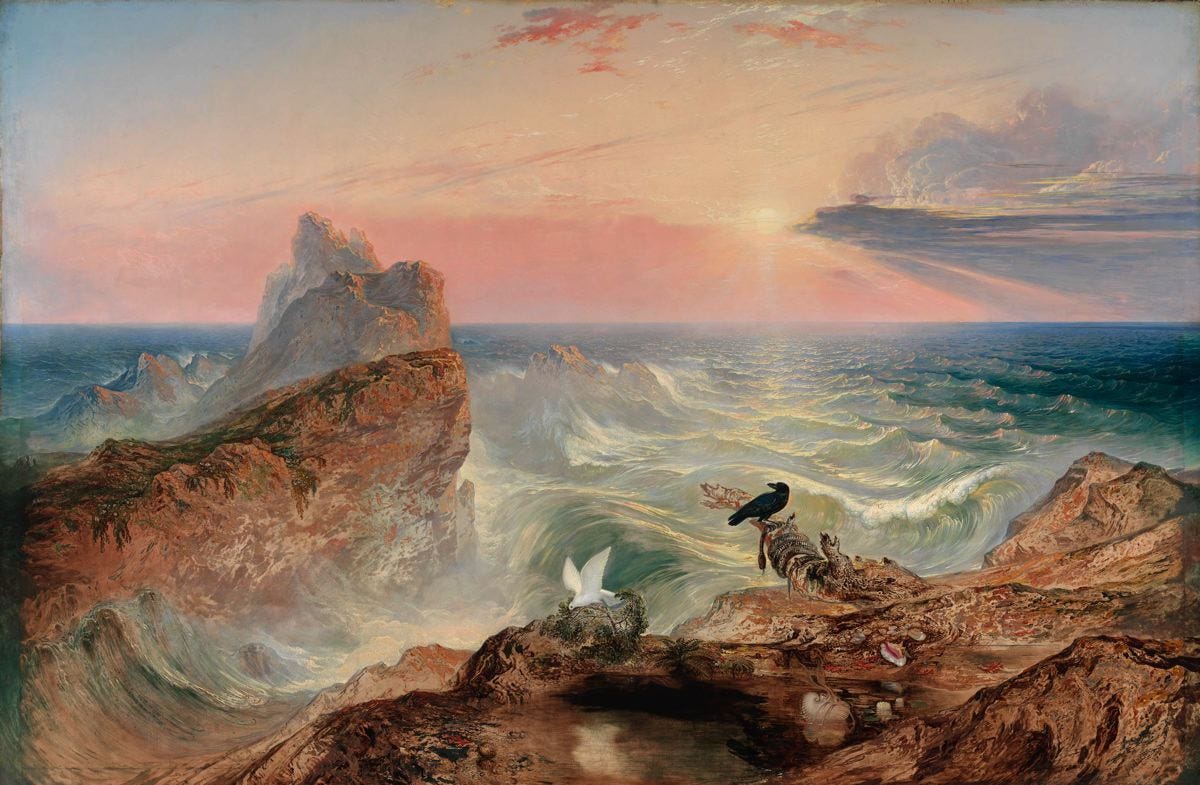
“But God remembered Noah and all the wild animals and the livestock that were with him in the ark, and he sent a wind over the earth, and the waters assuaged. Now the springs of the deep and the floodgates of the heavens had been closed, and the rain had stopped falling from the sky. The water receded steadily from the earth.”
— Genesis 8:1-3
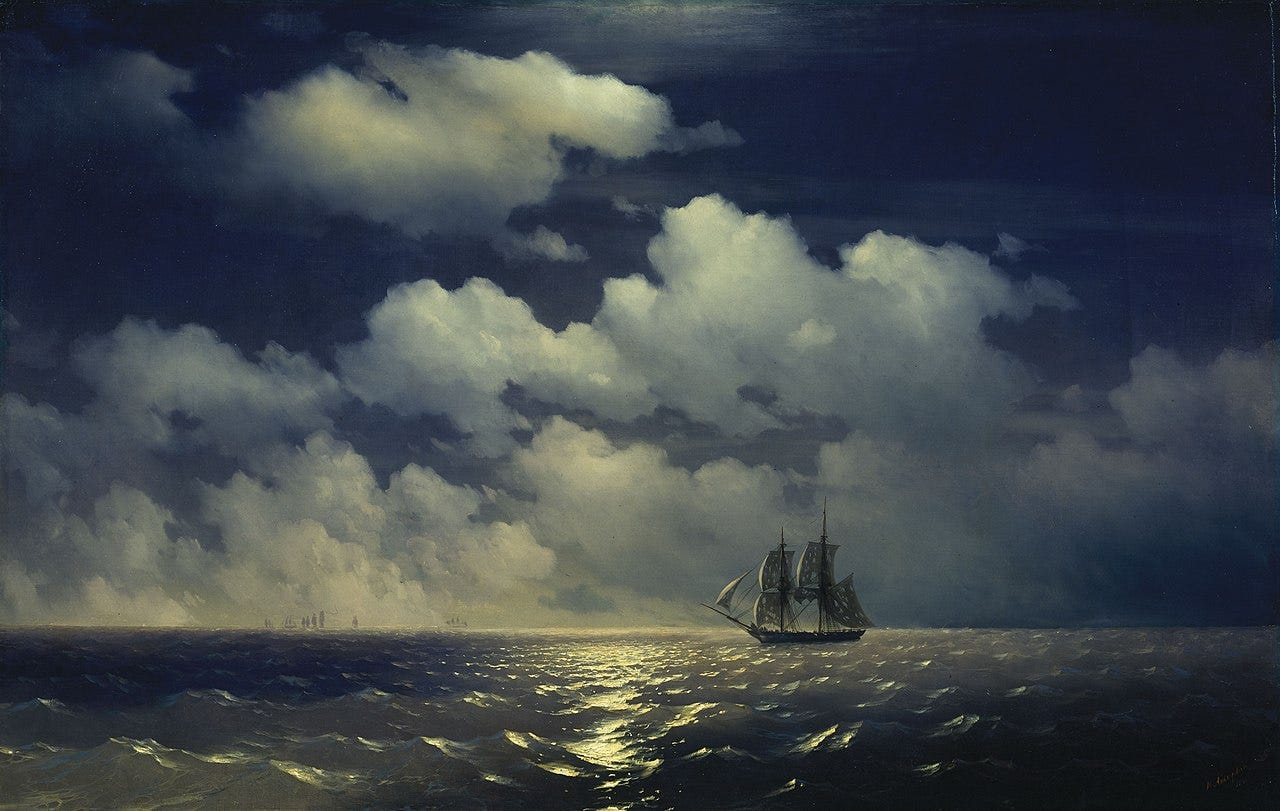
“How inappropriate to call this planet Earth when it is clearly Ocean.”
— Arthur C. Clarke

“So that the monotonous fall of the waves on the beach, which for the most part beat a measured and soothing tattoo to her thoughts, seemed consolingly to repeat over and over again.”
— Virginia Woolf
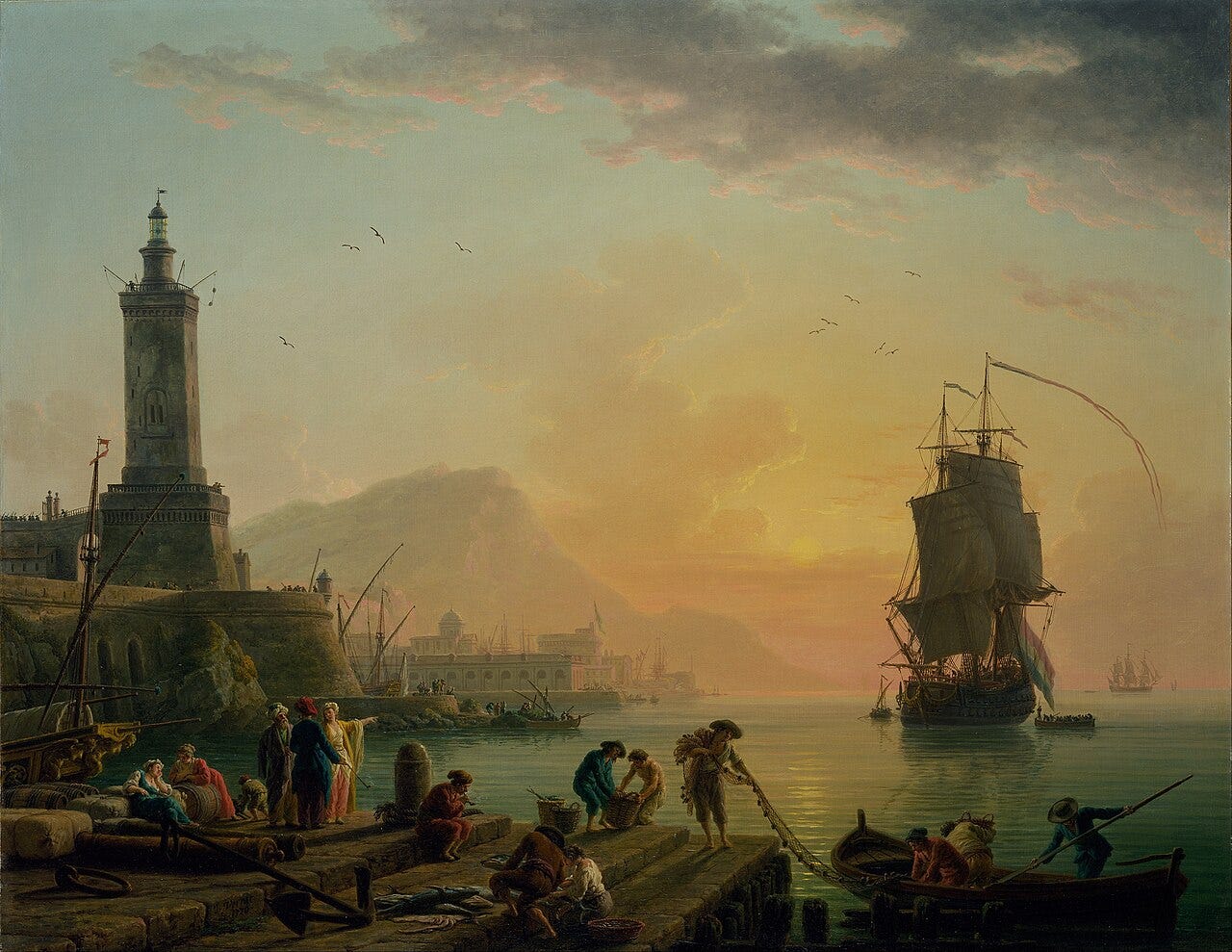
“As soon as the earth’s crust cooled enough, the rains began to fall. Never have there been such rains since that time. They fell continuously, day and night, days passing into months, into years, into centuries. They poured into the waiting ocean basins, or, falling upon the continental masses, drained away to become sea.”
― Rachel Carson, The Sea Around Us (1951)
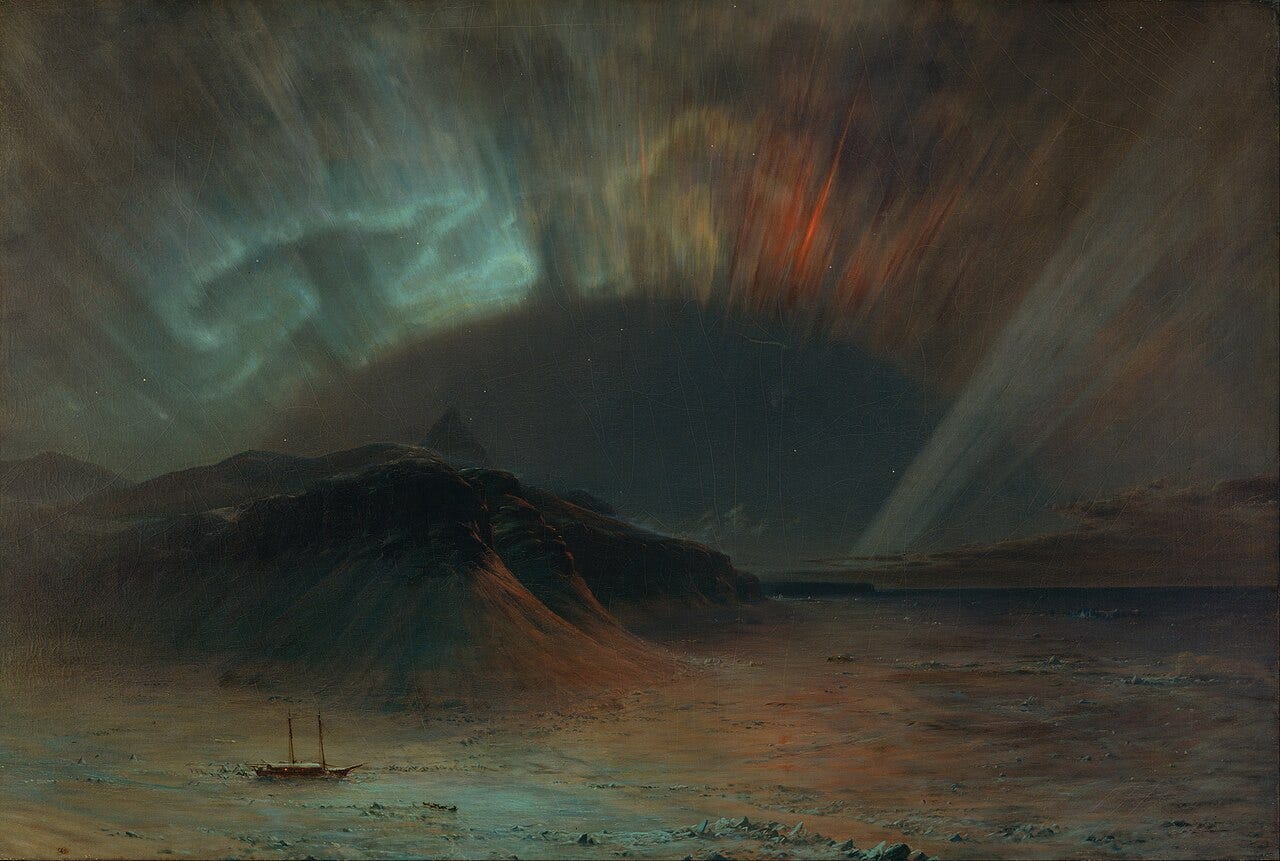
"Alone, alone, all, all alone, Alone on a wide wide sea! And never a saint took pity on My soul in agony."— Samuel Taylor Coleridge, The Rime of the Ancient Mariner (1834)


